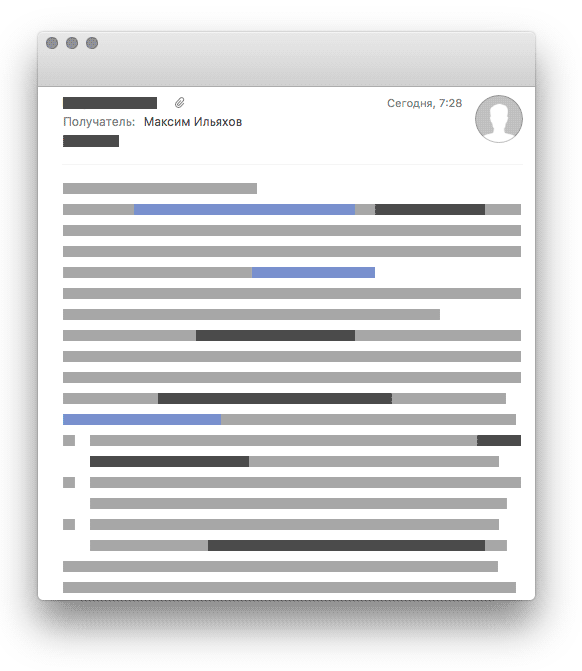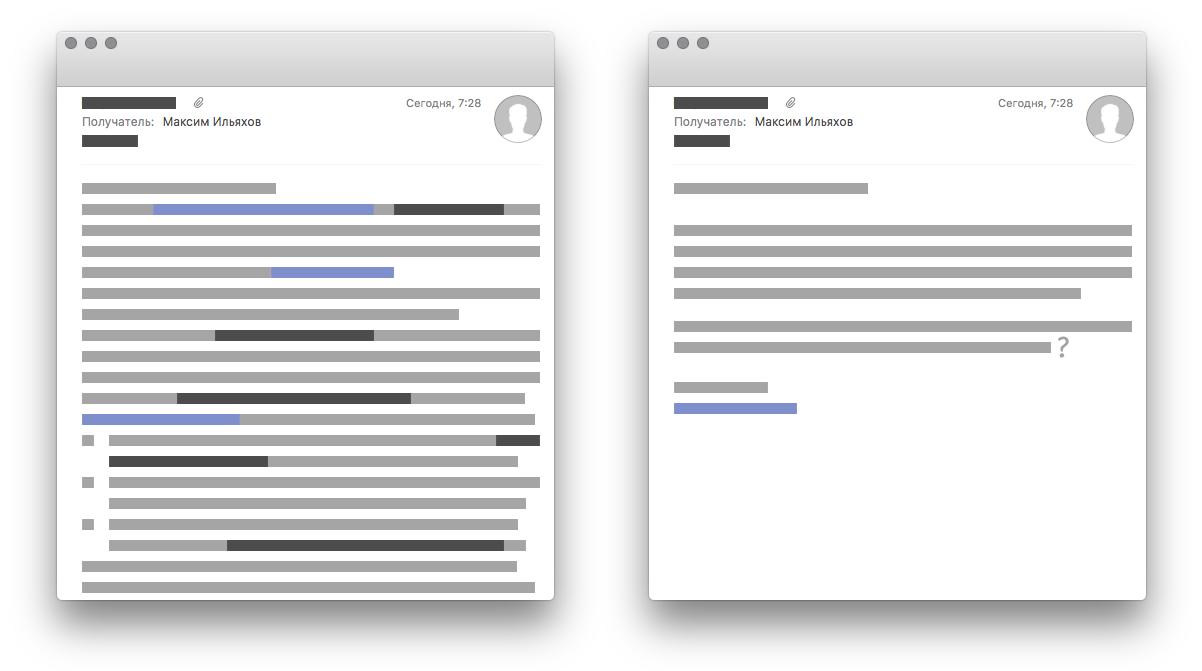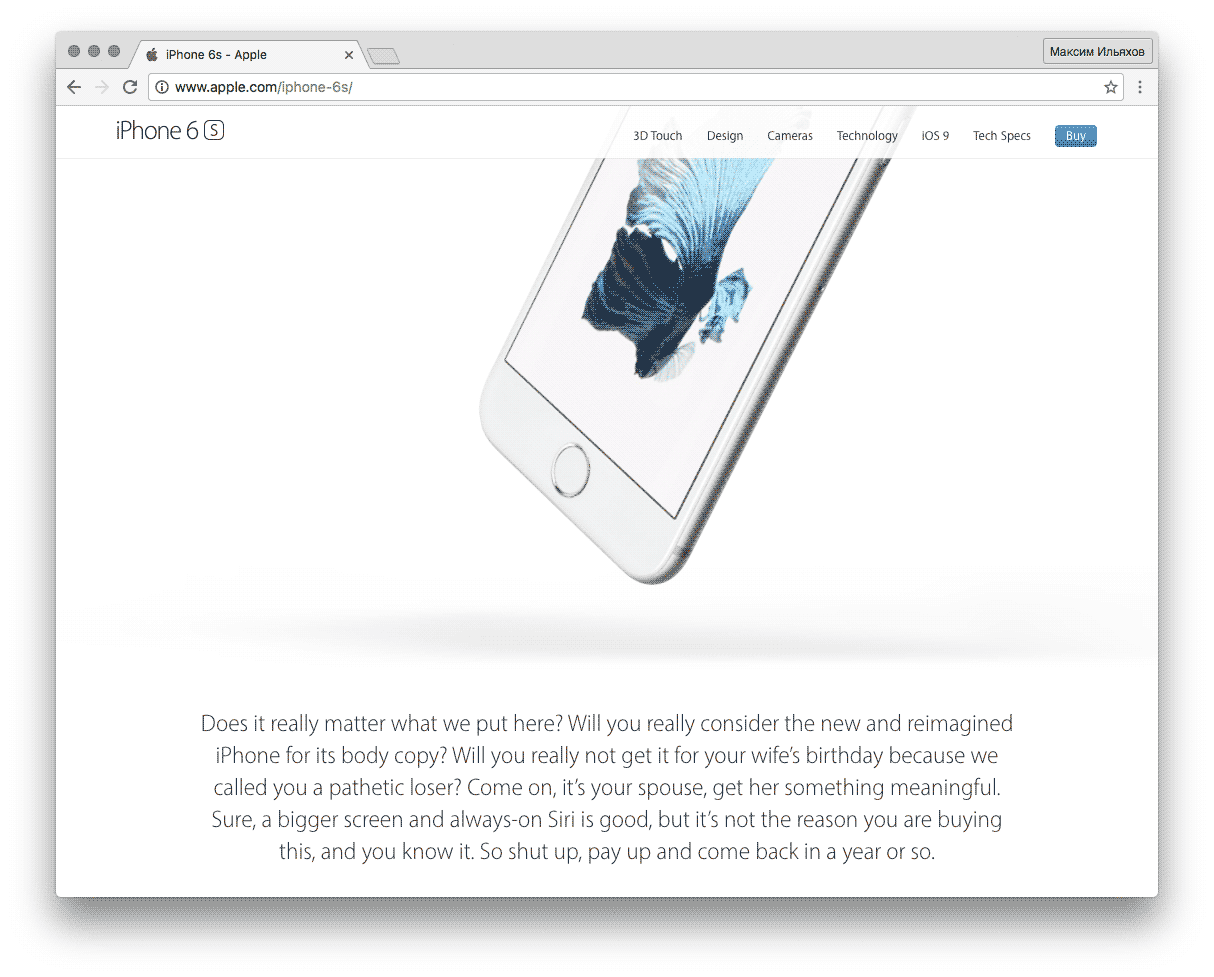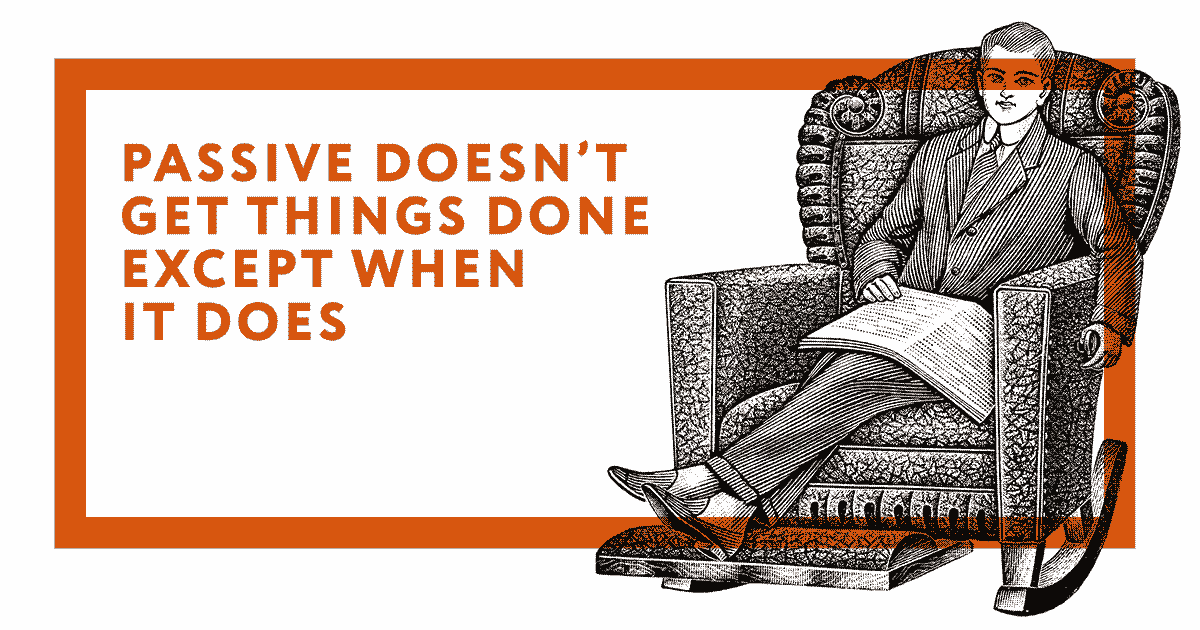Tim Urban is great at explaining. Here is a thing I liked in his article about Trump. Look at this bit:
“I hate everyone who voted for Trump—those stupid, racist, xenophobic fucks.”
〈...〉
People vote for hope and change when they’re in pain. When I watched the election last night, I didn’t see a bunch of assholes voting to be hateful, I saw a bunch of people going through a lot of suffering hoping for something better.
Which is why, if you’re a Hillary supporter, in addition to this being a time for disappointment and frustration, it should also be a time for reflection. Half your country voted for Trump. Over 50 million people—people with kids and parents and jobs and dogs and calendars on their wall with piano lessons and doctors appointments and birthday parties written in the squares. Full, three-dimensional people who voted for what they hope will be a better future for themselves and their family.
Tim is saying, people who voted Trump are not the stupid racist xenophobic fucks we think they are. They are just like us. Notice how we come to this conclusion without Tim actually saying ‘They are like us’.
How does he do that?
Relatable details
Look at this bit. Why the detail?
Over 50 million people—people with kids and parents and jobs and dogs and calendars on their wall with piano lessons and doctors appointments and birthday parties written in the squares.
With this detail, Tim makes Trump supporters real and similar to us, readers. But he doesn’t make that conclusion himself—he never says ‘Trump supporters are like us.’ He makes readers come to that conclusion by experiencing life through their eyes.
You experience their lives → you find they have similar experiences → you conclude they are like you → they are no longer the xenophobic fucks you thought they were.
And this is all done with the vivid details that we have all experienced: the piano lessons, the birthdays, the squares in your calendar. We believe this because we can imagine this. Tim persuades us through our own imagination.
Reverse effect
We can also use this effect in reverse. Let’s say Tim was trying to alienate Trump supporters. Then he would go with something like this:
Over 50 million people—people with employees and investors and board meetings and personal assistants and dressage and fundraisers and red carpet events.
The structure is the same. But the details are different: we can imagine them vividly, but we can’t relate to them. And because we can’t relate, the 50 million people are now alien. And it’s easy to hate the alien.
Once again, you won’t even need to say ‘These Trump supporters are different from us.’ Your choice of detail will make readers come to that conclusion all by themselves, driven by their own imagination.
How this works
There’s the tangible and the abstract.
Words like ‘wood’, ‘ground’, ‘stone’, ‘birthday’, ‘coffee’ or ‘glass’ relate to something we know from physical experience. You have seen, touched, smelled or otherwise experienced these words. When I say ‘coffee’, you remember the sense of taste and smell. When I say ‘birthday,’ you remember a perfect birthday, with smells and sounds and everything. There is a ton of sensory information behind these words. These are tangible.
Words like ‘community’, ‘virtue’, ‘pride’, ‘worry’, ‘task’ or ‘unity’ relate to abstract ideas. We don’t have the sensory information for these ideas. We know what ‘virtue’ means, but we can’t imagine it. These are abstract.
Your writing is more persuasive when it is based on the tangible details, rather than abstract concepts. That is only because we can picture the tanglble. And it’s easier to believe something we can picture:
| Abstract |
Tangible |
| Over 50 million people—people with relatives and problems and pets and self-management, leisure activities and healthcare issues and social gatherings scheduled for the future. |
Over 50 million people—people with kids and parents and jobs and dogs and calendars on their wall with piano lessons and doctors appointments and birthday parties written in the squares. |
| Our new system makes processing orders faster and more accurate. Advanced voice recognition allows for keyboard-free input of any customer data to ensure high quality and reliability of your service. |
We help restaurant managers take delivery orders on the phone without touching the keyboard. The system listens to your clients’ delivery address, finds it on the map and makes sure it’s valid, so your delivery man never gets lost. |
We only believe in things we can picture.
Use tangible details to paint the picture
Here’s some tangible stuff to serve as Facebook teaser:








